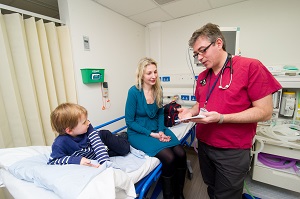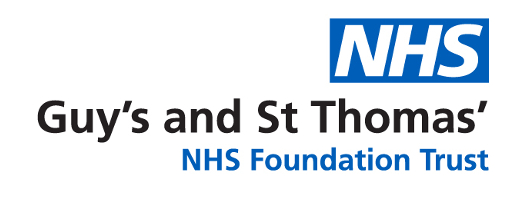
Our patient service is built upon more than 20 years' experience of clinical PET scanning. Staff at the PET Imaging Centre are all experts in their particular field and together provide a quality of service that we feel is second to none.
Confirming your Appointment
We ask all patients to confirm their attendance (see appointment letter). We also aim to contact all patients in advance of their appointment, typically by the day before the appointment.
What Happens During Your Scan
This will depend on the type of scan and will be fully explained to you by our staff when you arrive. We will insert a small needle into a vein in your arm, hand, or occasionally foot (if we cannot use an arm vein). We then inject the tracer. If you are having a brain or body scan we will ask you to relax quietly for 30 - 90 minutes before we take you to the scanner room.
We will ask you to lie on the scanner bed where we will make you as comfortable as possible. You will need to keep very still during the scan. It is important that you do not move, or the pictures could be blurred and the scan will have to be repeated. Once you are positioned correctly, we will move you into the scanner. The scanner bed will then move gently and slide into the centre of the scanner until the part of the body to be scanned is correctly positioned.
Patient Information Video
This video was designed specifically to cover PET scans in cancer patients, but has some helpful general information about how PET scans work, including a walk through of the process.
The NCRI Core Lab has developed a video to guide you through what will happen when you attend the department for your scan. The video was designed specifically to cover PET scans in cancer patients, but has some helpful general information about how PET scans work, including a walk through of the process.
Patient Satisfaction Survey
All patients who visit the PET Centre are encouraged to leave feedback to help us improve the service we provide.
Click here to download the results of our most recent Patient Satisfaction Survey.
Image Use
The PET Centre often looks back at the images taken to help your doctors treat your illness. This is usually to teach other doctors, or sometimes to help with research into the type of illness you are being scanned for.




